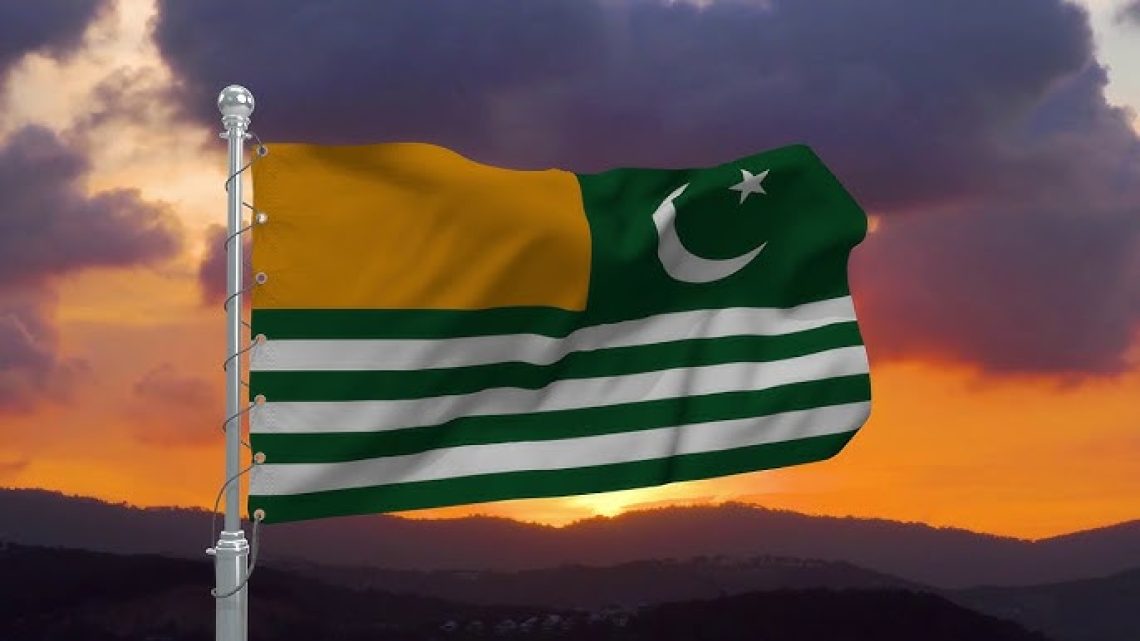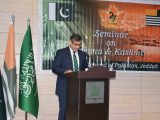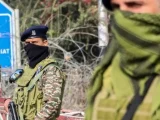
The Heart of a Nation: Kashmir’s Cultural and Religious Ties with Pakistan
November 13, 2024The Kashmir conflict stands as a critical and unresolved issue dating back to the 1947 Partition, deeply rooted in the cultural, religious, and geopolitical dynamics between Pakistan and India. Seen as the “jugular vein” of Pakistan, Kashmir shares not only a predominantly Muslim population (around 97.16%) but also cultural and religious ties that align more closely with Pakistan, strengthening its symbolic importance within the Pakistani identity.
Historically, the Partition was intended to divide regions based on religious demographics, which placed Kashmir as a natural part of Pakistan due to its majority Muslim population and geographic proximity. However, the ongoing Indian occupation of Jammu and Kashmir (IIOJK) has led to decades of turmoil and unrest. Despite the presence of nearly one million Indian security forces—often described as making IIOJK the world’s “largest open jail”—the Kashmiri people continue to express their desire for self-determination.
India’s 2019 revocation of Articles 370 and 35A, which had granted a special status to Jammu and Kashmir, was promoted by the Indian government as a step toward peace and economic growth. However, ground realities suggest otherwise, as Kashmiri resistance persists, with many viewing the abrogation as an attempt to dilute the region’s autonomy rather than ushering in prosperity. India’s claims of “normalcy” have been challenged by ongoing protests, cultural expressions of solidarity with Pakistan, and the people’s yearning for freedom, as seen in celebrations of Pakistan’s victories in sports and other events.
India’s substantial military presence in IIOJK is viewed by many as an attempt to suppress the region’s aspirations for freedom, while Kashmiris continue to face restrictions and deprivation of basic rights. Meanwhile, Pakistan has continuously advocated for Kashmir on international platforms, urging adherence to United Nations resolutions that call for a plebiscite allowing Kashmiris to decide their future.
The strength of Kashmiri identity and resilience remains apparent, as people continue to demonstrate loyalty to Pakistan through cultural symbols like the Pakistani flag. Prominent figures from Azad Jammu and Kashmir, such as Ashraf Aman, Samina Baig, and others, have furthered the cause by achieving milestones that highlight Kashmiri potential, adding to Pakistan’s national pride.
While India attempts to project dissent within Kashmir as evidence of pro-India sentiment, analysts argue that only a small percentage of individuals express anti-Pakistan views. For most Kashmiris, however, the desire for self-determination remains steadfast, as they seek to free themselves from what they see as an oppressive occupation. The struggle for Kashmir endures, underscoring the region’s ongoing plight and the desire for a resolution that reflects its people’s aspirations.

